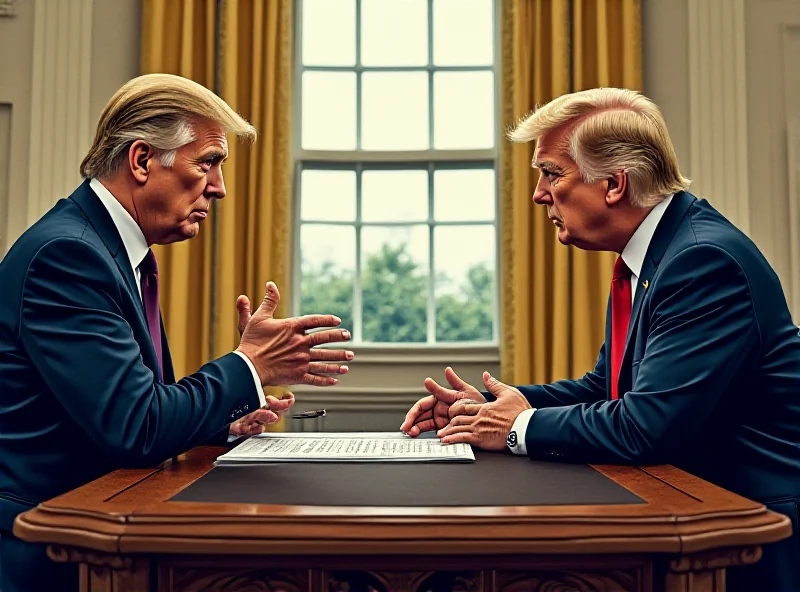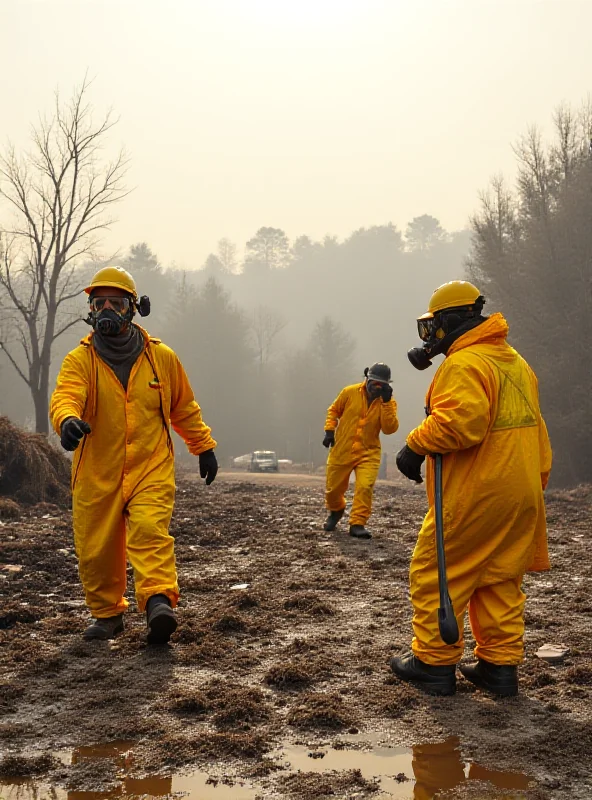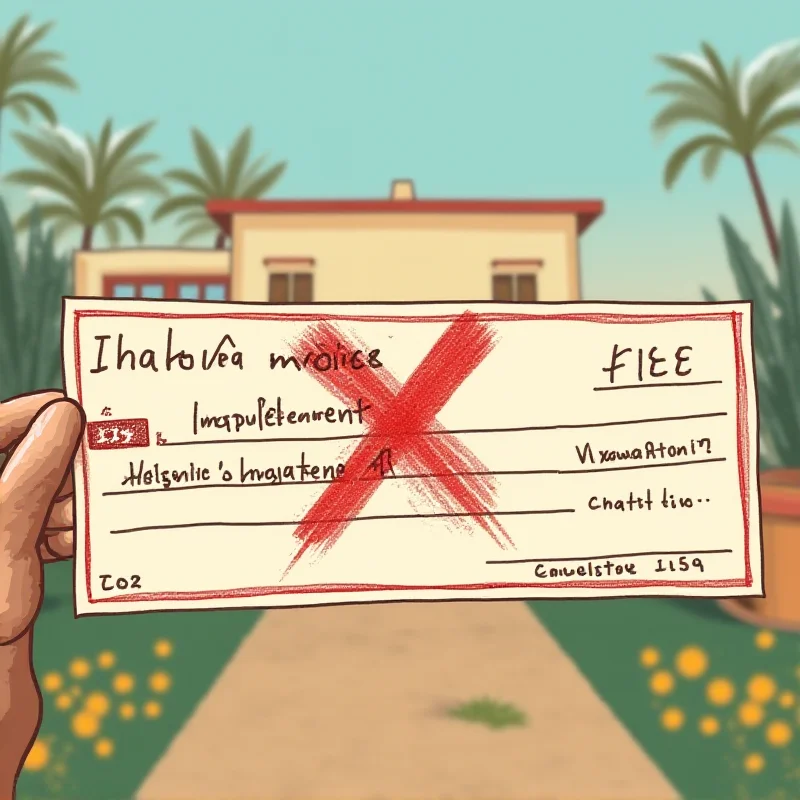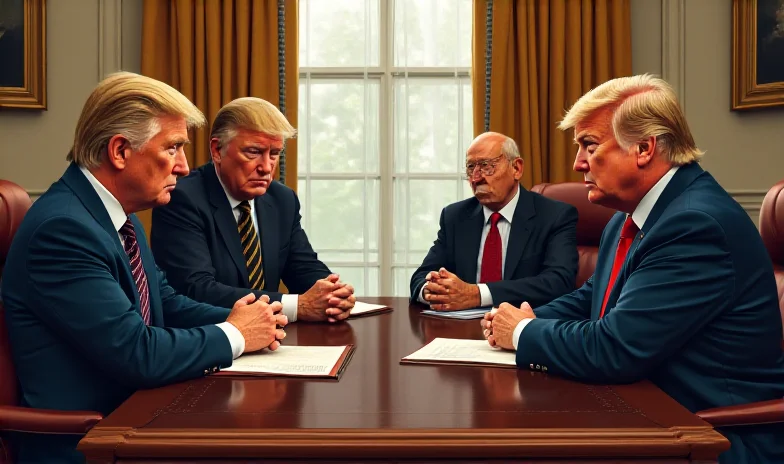This week's political headlines are dominated by a mix of international diplomacy, environmental action, and domestic funding decisions. From a controversial outburst at the White House to a record-breaking EPA cleanup and the cancellation of millions in planned funding, there's a lot to unpack.
Zelensky's White House Visit Turns Sour
Ukrainian President Zelensky's recent visit to the White House appears to have been less than successful. According to reports, an outburst by Zelensky in the Oval Office has cast a shadow over potential agreements. Political analyst Bessent has gone so far as to call the incident "one of the greatest diplomatic own goals in history."
Bessent stated, "It’s very difficult to do an economic deal with a leader who doesn’t want to do a peace deal," suggesting that Zelensky's actions have undermined the potential for both economic and peace negotiations. The fate of a minerals deal is now uncertain after Zelensky left the White House without signing it. 
EPA Celebrates Record-Breaking Wildfire Cleanup
On a brighter note, the U.S. Environmental Protection Agency (EPA) has announced the completion of its largest hazardous materials cleanup in history, achieving this milestone in record time. This monumental effort was part of the EPA's response to the devastating wildfire crisis in California. EPA Administrator Lee Zeldin proudly announced the achievement, highlighting the agency's commitment to environmental protection and rapid response in times of crisis.

Funding for Indigenous and Afro-Colombian Empowerment Canceled
In other news, the Department of Government Efficiency (DOGE) has announced the cancellation of a planned $60 million allocation intended to support initiatives for Indigenous Peoples and Afro-Colombian empowerment. This decision has sparked debate and raised questions about the government's commitment to supporting marginalized communities. 
The reasons behind the cancellation have not been fully disclosed, leaving many to speculate about the priorities of the current administration. The funds were originally earmarked for programs aimed at promoting economic development, education, and cultural preservation within these communities.
These three stories highlight the diverse and often complex landscape of current political affairs. From international relations to environmental protection and domestic funding decisions, there's always something to watch.
